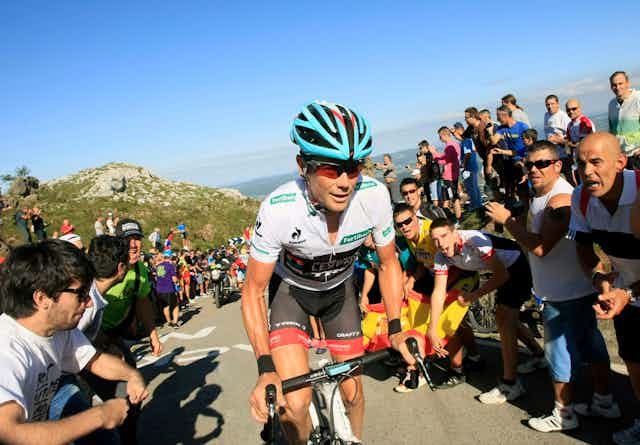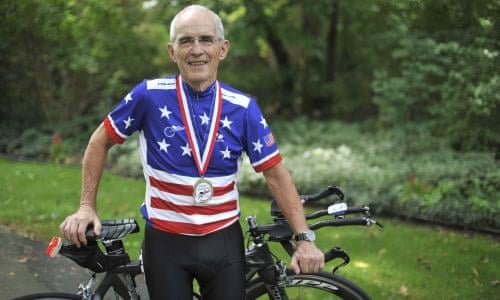What is the average bike speed for 60 year old?
A 60-year-old cyclist can easily maintain an average speed of 9 to 11 miles an hour easily. However, You should not pressure yourself to achieve this speed. Other things to take into account include your stamina and physical strength. As such it is critical to ride at a speed at which you feel most comfortable.
IS CYCLING GOOD FOR A 60-YEAR-OLD MAN?
Cycling at 60 years of age and in fact for any seniors above the age of 50 is good for a range of reasons.
- Low Impact Exercise
Cycling is a low-impact exercise as compared to other exercises such as running. As such it is less punishing on the joints which may not be in the pristine condition of a younger athlete.
- Effective Cardiovascular Exercise
Cycling is also an excellent cardiovascular exercise that burns calories and gets the heart rates up thus improving overall fitness levels. This is great for seniors whose activity level tends to trend down as they age.
- Reducing Physiological Age
In addition to providing all manner of health benefits, cycling also reduces a senior’s physiological age. According to a British study, the physiological function of people between 55 and 79 remained fairly robust and was comparable to that of younger people.
- Prevention of Ailments
An AARP article reported that moderate physical activity such as cycling can be effective for preventing a range of ailments such as colon cancer, diabetes, high blood pressure, Alzheimer’s, and cardiovascular disease by as much as 40%.
BICYCLE TRAINING PROGRAM FOR CYCLISTS OVER 60
There are several myths you may have heard about training for cyclists above the age of 60. However, most of these are untrue given that beliefs can cloud one’s vision which will reduce the effectiveness of their training. Some of the myths that need to be debunked include:

PERFORMANCE MARKERS GET WORSE AFTER 60
While you will incrementally reduce your aerobic capacity, and stroke volume, and will also lose muscle mass as you age, your decline will be slower as compared to that of a sedentary person.
In fact, your body will usually adapt to the training load which means you will adapt and improve your endurance and strength the more you ride.
Unless you have topped out your speed threshold, you will always have room to improve before small declines in performance capacity start to limit your development.
OLDER ATHLETES CANNOT SPRINT
Older athletes usually cannot sprint not because they do not have the capacity to sprint but because they have been told they cannot or should not. Most people above the age of 60 will usually lose training specificity, particularly endurance training.
If you do this the high torque and low cadence work may be forgotten. You will also forget the high-intensity repeated intervals and leg speed drills as you ride at more moderate tempos with moderate cadence.
However, despite being 60 years old or older you can still get back your sprinting and other high-intensity capabilities by training which will bring back the specificity.

ELDER ATHLETES ARE UNABLE TO HANDLE HIGH TRAINING LOADS
The myth is that ramping up training stress too fast is bad for 60-year-olds. In fact, nothing could be further from the truth as 60 years olds can handle huge training loads.
The thing that makes elderly persons unable to train is that they often step away or diminish training which significantly impacts their fitness. As such, cyclists who try to get back into training may not have the strength and endurance to take huge training loads.
Still, athletes who are regular with their training can often increase or maintain training loads even if they are 60 years of age or older.
Check out the average cycling speed for a 70-year-old cyclist
ELDERLY ATHLETES CANNOT RECOVER FAST ENOUGH
While senior athletes tend to recover slower after a big ride because their ability to adapt to stress and repair tissues is lower, they can still thrive in cycling.
The key to thriving and surviving rigorous exercise as you get older is to work smarter rather than harder. When you were younger you probably neglected areas in which you had room for improvement.
The best way to boost recovery times for athletes above 60 is to enhance aspects such as hydration, nutrition, and sleep. By doing this you should experience a significant improvement in the ability to recover from hard riding days.


